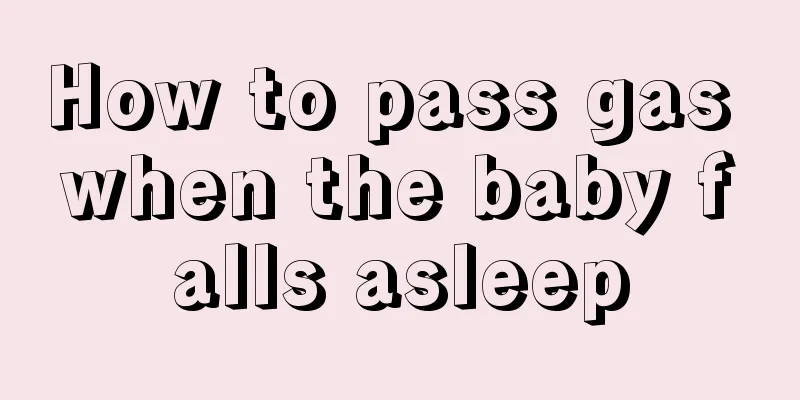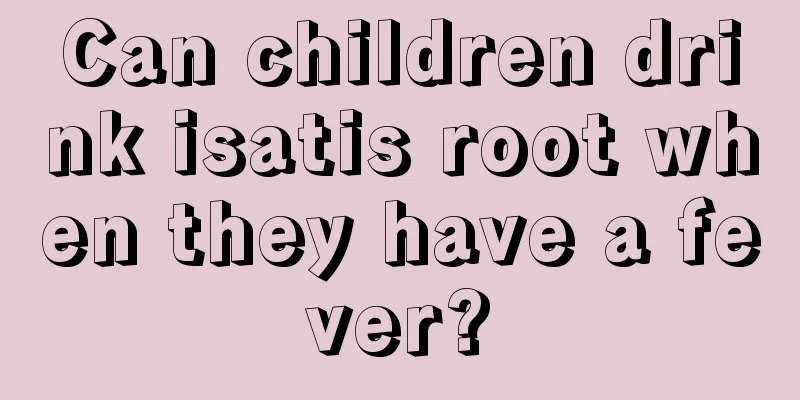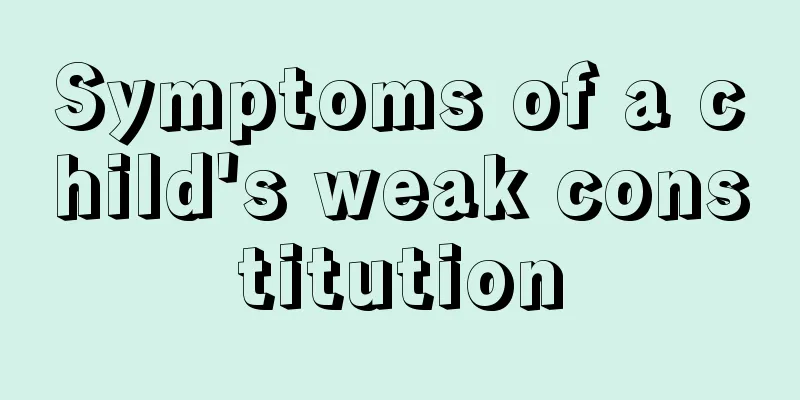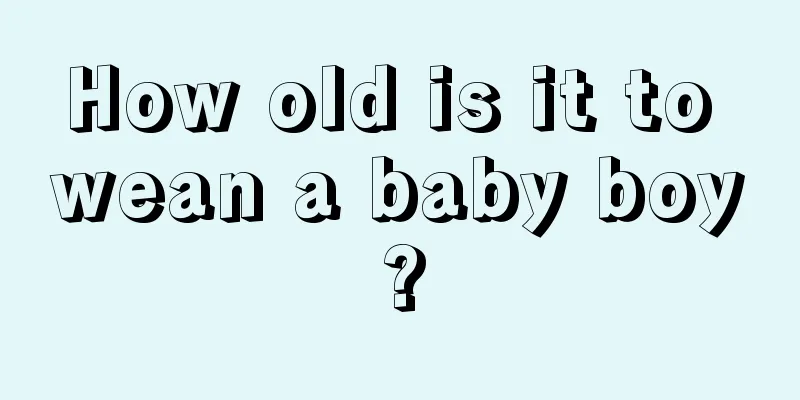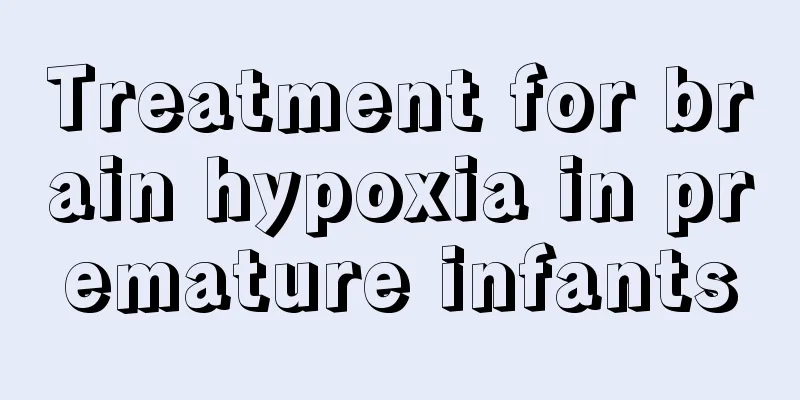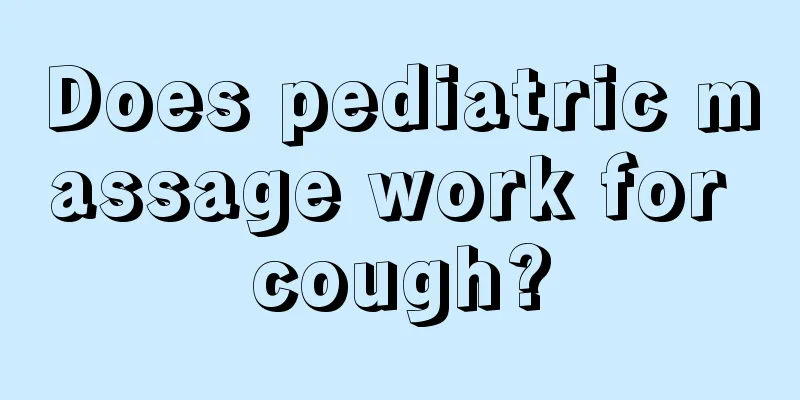What are the common sense of children's first aid?
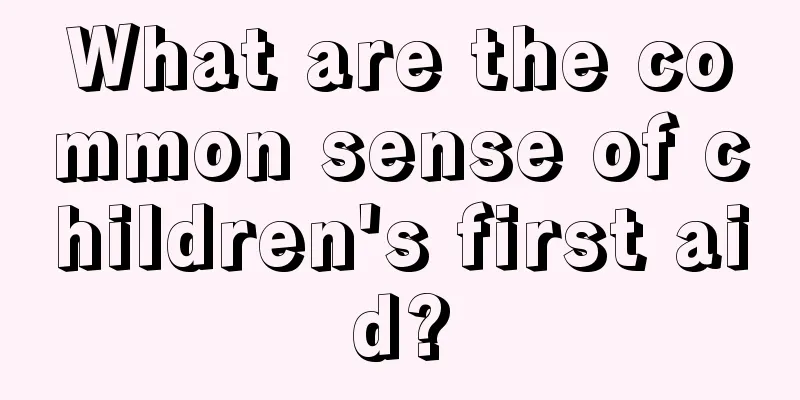
|
Children are not like adults. If children have any emergency, they must be dealt with immediately once it happens, so that they can stay away from these hazards. If children have an emergency, we all need to know some first aid knowledge first. There are many first aid knowledge in life, such as electric shock, children suddenly drowning, etc. We must master these first aid knowledge at any time to avoid children not knowing how to deal with the crisis when they are in crisis. So what are the first aid knowledge for children? (1) Infant death Sudden infant death has no warning signs and can occur in babies who appear healthy at other times. After discovering the problem, first check if there is any foreign object in the mouth. If there is, turn the face to the side and try to dig out the foreign object. A baby's face is better pink than pale, and pale is better than blue. If the baby is not breathing normally, call 112 immediately and perform artificial respiration and external cardiac massage - preferably on a hard surface such as the floor or a changing table. First blow 2 breaths (the adult's mouth is facing the baby's mouth and nose; if it is a big child, blow mouth to mouth, pinch the nose at the same time. The younger the child, the less air you should blow) and then perform 30 external cardiac massages (at a speed of about 100 times per minute, with two fingers pressing vertically downwards continuously on the middle point between the two breasts - without removing your hands from the chest). You can also pinch their arms or feet to make them cry out in pain to help them breathe. Or rub their backs, but don't shake or rock the baby. (2) Burns and scalds Rinse the affected area with cool water for 10-15 minutes (warm water for babies) to lower the temperature. Carefully remove non-adherent clothing (do not tear it) to reduce skin damage. Then wrap the wound with a clean sheet or gauze and go to the hospital immediately. Do not apply any ointment on your own and do not prick the blisters to avoid affecting further treatment. (3) Drowning Pay attention to clearing the sand and dirt in the mouth to ensure that the airway is open. First check the breathing. If the child is still breathing, let the drowning person lie on his side (stabile Seitenlage) with a pillow on his back so that his mouth is at the bottom of the face to facilitate water outflow. If the child's breathing and heartbeat have stopped, then perform artificial respiration and external cardiac massage. While rescuing, contact the ambulance (112) and send the patient to the hospital as soon as possible for further treatment. Remember not to slap the water out, so as to avoid the water in the lungs spreading to other parts. (4) Electric shock The longer the power source acts on the human body, the more serious the consequences will be. After an accident occurs, the power supply should be turned off as soon as possible, and use non-conductive objects at hand (such as dry wooden sticks, bamboo poles, plastic chairs, etc.) to disconnect the wires or move the person who is electrocuted away from the power source. You can also use a dry rope and twist clothes into a belt and put it around the person who is electrocuted to pull him out. Rescuers must pay attention to their own safety and put dry thick wooden boards under their feet or stand on insulating objects such as quilts, thick plastic boards, etc. Afterwards, check for breathing and heartbeat. Before sending to the hospital or waiting for the ambulance to arrive, if the heart and breathing have stopped, artificial respiration and cardiac massage must be performed in time. If you know these common sense of first aid care for children, then in daily life, if your child has similar abnormal conditions, you can choose first aid methods for your child in time. We cannot guarantee whether our children will have similar phenomena, but if we understand some first aid measures, if the child has similar symptoms in time, then we will give the child first aid, so as to buy time for treatment, which is very beneficial for the child. |
<<: First aid for foreign bodies in children's trachea
>>: What to do if pituitary dysplasia
Recommend
Is blood in a child's sputum serious?
The physical health of children is a very importa...
How can I relieve eczema on my baby’s eyebrows?
It is very uncomfortable for a baby to have eczem...
Is it normal for babies to be breathing rapidly?
Newborn babies need a long period of sleep to ens...
What are the methods of making baby pillows
After a baby is born, every parent needs to take ...
What are the symptoms of gynecology in children?
In life, many women suffer from gynecological dis...
What are the recipes for a one year and five month old baby?
There are many recipes for babies aged one year a...
What should I do if my baby’s belly button bleeds?
Every part of a baby's body is relatively fra...
If a child has tooth decay pain, distinguish the severity and then treat it
Children love candy, so tooth decay is a common p...
8-year-old child with abdominal pain and vomiting
The body of an eight-year-old child is already in...
What to do if your child's cheeks flare up
Many people have not heard of the symptoms of mum...
What are the symptoms of tuberculosis in babies?
Tuberculosis is a disease that can easily damage ...
What are the symptoms of a dislocated wrist in children?
Very young children are usually very energetic an...
What should I do if my child has poor digestion?
Children's poor gastrointestinal digestion ma...
Will a newborn fall asleep when hungry?
Newborns have a relatively small appetite and onl...
Will a newborn baby have diarrhea if he changes his milk powder?
For mothers, the most important issue is whether ...
